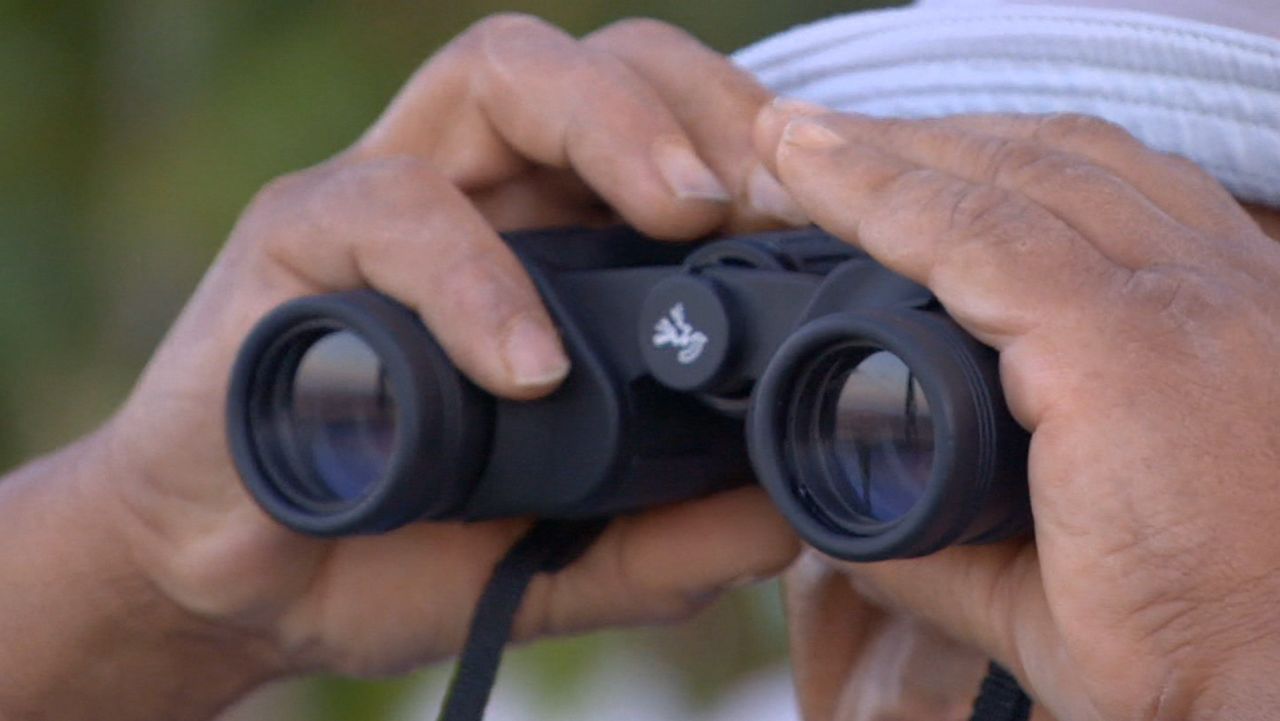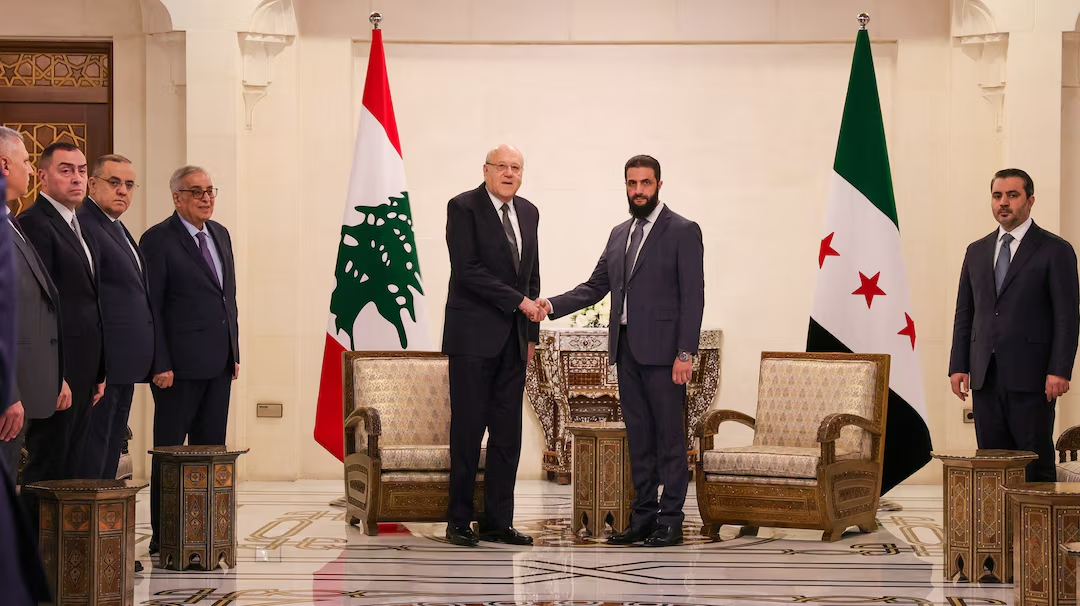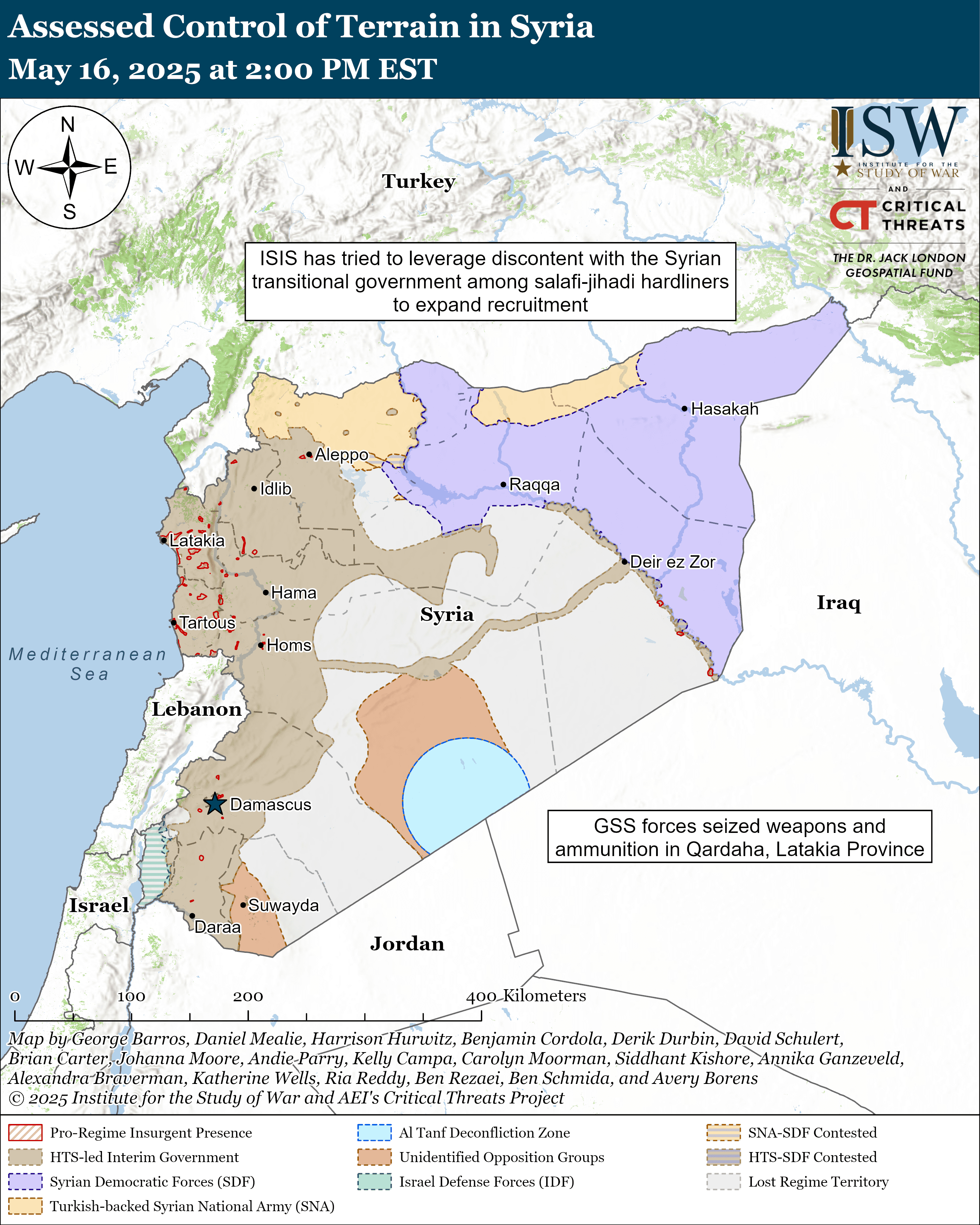Dozens have died and hundreds more have been injured in the latest outbreak of violence in Syria, where clashes between Sunni Bedouin tribal fighters and Druze militias have reached alarming levels. Reports indicate that the violence began following the abduction of a Druze merchant, igniting long-standing tensions in the predominantly Druze province of Suweida.
Escalating Violence in Suweida
As reported by BBC News, the Syrian interior ministry has confirmed that at least 30 people were killed, while local news outlets claim the number could be much higher, with over 200 reported injured. The fighting began on Sunday and has persisted into Monday, with clashes spreading throughout Suweida province.
The situation has deteriorated rapidly, raising fears of a broader conflict as local activists report that entire neighborhoods have been engulfed in violence. The Druze community, historically marginalized and fearful of losing their autonomy, now faces a stark reality where they are caught between tribal conflicts and government inaction.
Government Failure and Community Insecurity
According to AP News, the absence of effective government institutions has contributed to the chaos. The lack of a cohesive security response has left communities vulnerable, prompting calls for reform from local leaders. The governor of Suweida, Mustapha al-Bakur, urged constituents to exercise self-restraint, while Druze spiritual leaders have also joined in calls for calm.
The Syrian interior ministry"s admission of chaos speaks volumes about the government"s inability to maintain order. This disarray has only exacerbated fears among minority communities, who are questioning their safety in a country ravaged by years of civil war.

Israeli Druze minority caught in Syria war | CNN
International Implications and Regional Tensions
As tensions escalate, the involvement of external actors like Israel complicates an already volatile situation. The Israeli military has reportedly targeted tanks it believed posed a threat to Druze areas, as reported by Washington Post. Israel"s Prime Minister Netanyahu has previously vowed to protect Druze communities, which raises questions about the role of foreign intervention in local conflicts.
Israel"s actions further illustrate how the Syrian crisis reverberates beyond its borders, with regional powers weighing in on domestic disputes. The dynamics of sectarian violence not only threaten the stability of Syria but also have implications for broader Middle Eastern relations.
Socioeconomic Factors Underlying Sectarian Violence
The ongoing violence in Suweida is not merely a product of ethnic and religious tensions but is deeply rooted in economic disparities and struggles for power. As reported by BBC News, the Druze community, which has historically maintained a degree of autonomy, is now facing increasing competition for resources and influence amid a collapsing economy.
Economic hardship often fuels ethnic strife, and in Syria, where unemployment and poverty are rampant, communities are pushed into cycles of violence as they fight for dwindling resources. The government"s failure to address these economic grievances only exacerbates the situation, leaving marginalized groups without recourse.

Syria"s al-Sharaa meets Lebanese PM in bid to improve long ...
Calls for Accountability and Future Reforms
The latest violence in Suweida serves as a stark reminder of the urgent need for accountability and reform within Syria. Acknowledging the role of socioeconomic factors is crucial for any attempt to mitigate future violence. Local leaders have begun to recognize that without addressing the root causes—namely, economic injustice and lack of political representation—there can be no sustainable peace.
As the situation unfolds, it becomes clear that the call for reform must extend beyond mere pleas for calm. The international community has a role to play in ensuring that the voices of marginalized groups are amplified and that their grievances are addressed. Only through genuine engagement and systemic change can Syria hope to emerge from the cycle of violence that has plagued it for years.


![[Video] Heavy clashes and gunfire reported in Baghdad, Iraq](/_next/image?url=%2Fapi%2Fimage%2Fthumbnails%2Fthumbnail-1768342239932-848qsh-thumbnail.jpg&w=3840&q=75)




![[Video] Gunfire between Iraqi security forces and Sadr militias in Baghdad](/_next/image?url=%2Fapi%2Fimage%2Fthumbnails%2Fthumbnail-1768343508874-4redb-thumbnail.jpg&w=3840&q=75)
